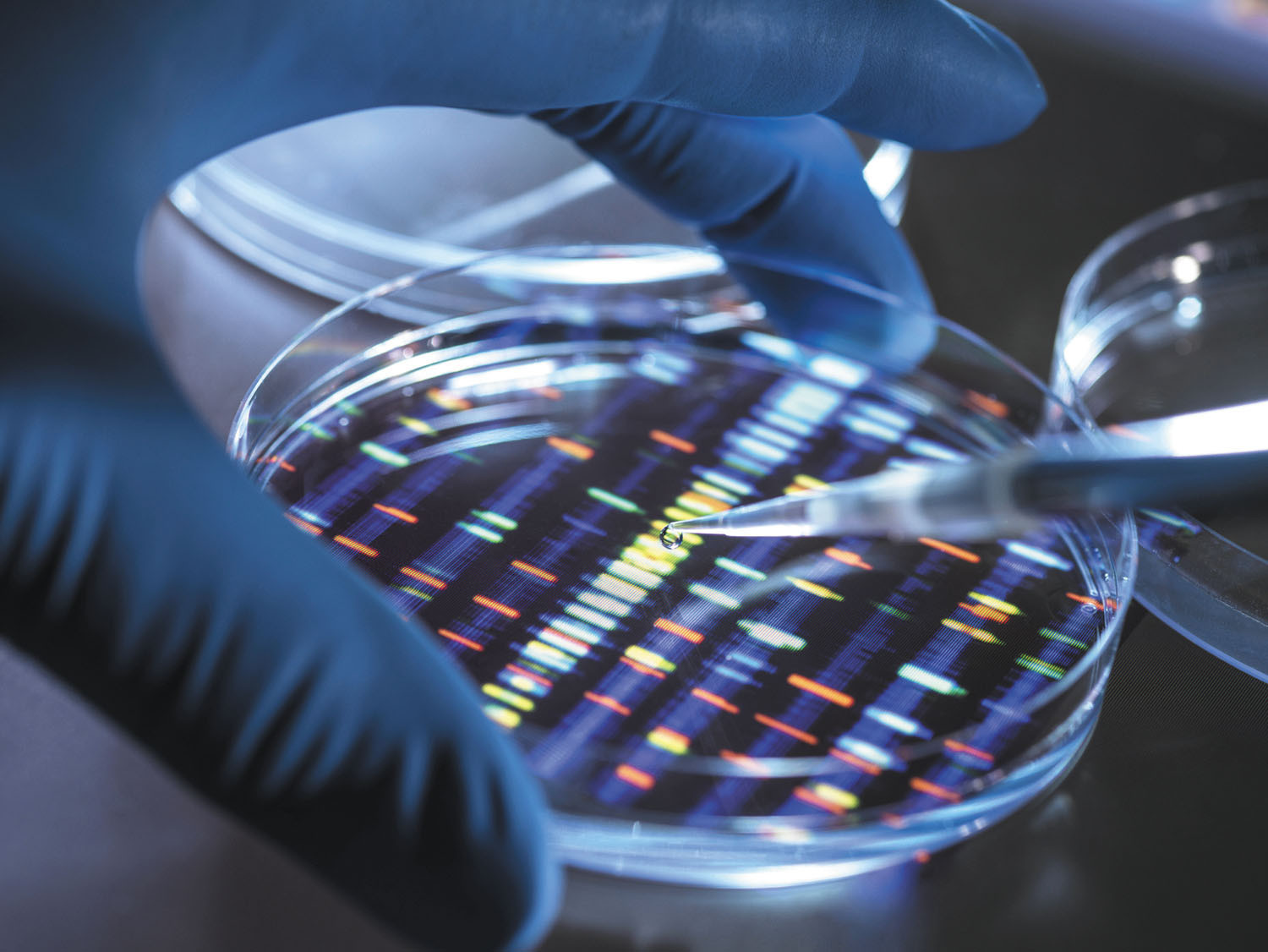
Trying to lose weight? Be careful not to lose muscle

Is your skin problem actually an autoimmune condition?

People with diabetes face higher risk of hearing loss

Antibiotic-free fixes for recurrent UTIs

Musculoskeletal syndrome of menopause: When menopause makes you ache all over

When can older women stop getting mammograms?

To lose weight, especially harmful belly fat, combine diet and exercise

Can men hold off on treating recurring prostate cancer?

The 7 types of rest and why we need them all

What are the early warning signs of cervical cancer?
Genes Archive
Articles
A new calculation tool may help predict men's prostate cancer risk
A new calculation tool that focuses on family history and specific genetic variants may help identify men at high risk for prostate cancer and help determine who would benefit most from routine screening.
The latest on lipoprotein(a), an inherited cause of early heart disease
About 20% of people have high blood levels of lipoprotein(a)—Lp(a) for short—a fatty particle that's like the evil twin of the more familiar LDL ("bad") cholesterol. Elevated Lp(a) which can double or triple risk of a heart attack and raise stroke risk, and is linked to problems with the heart's aortic valve. With new treatments that can lower Lp(a) on the horizon, cardiologists are now testing more people for this biomarker, which is not included in standard cholesterol tests.
Should I get genetic testing for breast cancer?
Women should consider genetic testing for breast cancer if they have a personal or family history of breast or ovarian cancer, especially diagnosed at age 50 or younger; family history of BRCA1 or BRCA2 gene mutations; or Ashkenazi Jewish heritage.
A lethal cancer's long reach
While ovarian cancer is not always inherited, family history is the top risk factor for the disease, which is diagnosed in 20,000 American women and kills 13,000 annually. Symptoms, such as bloating, pelvic pain, bowel or bladder habit changes, and unusual vaginal discharge or bleeding, are often vague and subtle until the disease is advanced, making it hard to detect and cure. No standard screening test is available for ovarian cancer. Women with symptoms can ask for a pelvic ultrasound. Women with a family history should seek genetic counseling and testing.
Debunking myths about heart disease
Many people have misconceptions about avoiding heart disease. One involves the use of over-the-counter fish oil capsules, which do not prevent heart disease in healthy people. Another relates to confusion about the ideal blood pressure targets in older adults. Some people are misinformed about the implications of a family history of heart disease, while others may be confused about the differences in heart attack symptoms between men and women.
Aiming for longevity
Genetics, lifestyle, and environmental factors contribute to reaching age 100. More than 100,000 people were 100 or older in 2019, triple the number in 1980. People reaching extreme old age tend to be nonsmokers, are not obese, and cope with stress effectively. Studies show that diets incorporating more fruits, vegetables, and whole grains may lower the odds of frailty and increase life span. Siblings and children of long-living people also are likelier to live longer than peers. Optimism is associated with higher odds of living beyond 90.
Women's heart attacks more strongly connected to different risk factors than men's
A 2022 study found that women under 55 experiencing heart attacks have different leading risk factors than men in this age group. For women, diabetes, depression, high blood pressure, and low household income are strong risk factors for heart attack.
You don't say? Is there anything right about being left-handed?
Left-handers make up only 10% of the population. Despite some common beliefs, science has yet to show that left-handers have any specific advantages or disadvantages over right-handed people in terms of physical abilities, cognitive health, or longevity.
Risk factors for benign breast conditions identified
Creating a family medical history

Trying to lose weight? Be careful not to lose muscle

Is your skin problem actually an autoimmune condition?

People with diabetes face higher risk of hearing loss

Antibiotic-free fixes for recurrent UTIs

Musculoskeletal syndrome of menopause: When menopause makes you ache all over

When can older women stop getting mammograms?

To lose weight, especially harmful belly fat, combine diet and exercise

Can men hold off on treating recurring prostate cancer?

The 7 types of rest and why we need them all

What are the early warning signs of cervical cancer?
Free Healthbeat Signup
Get the latest in health news delivered to your inbox!
Sign Up











